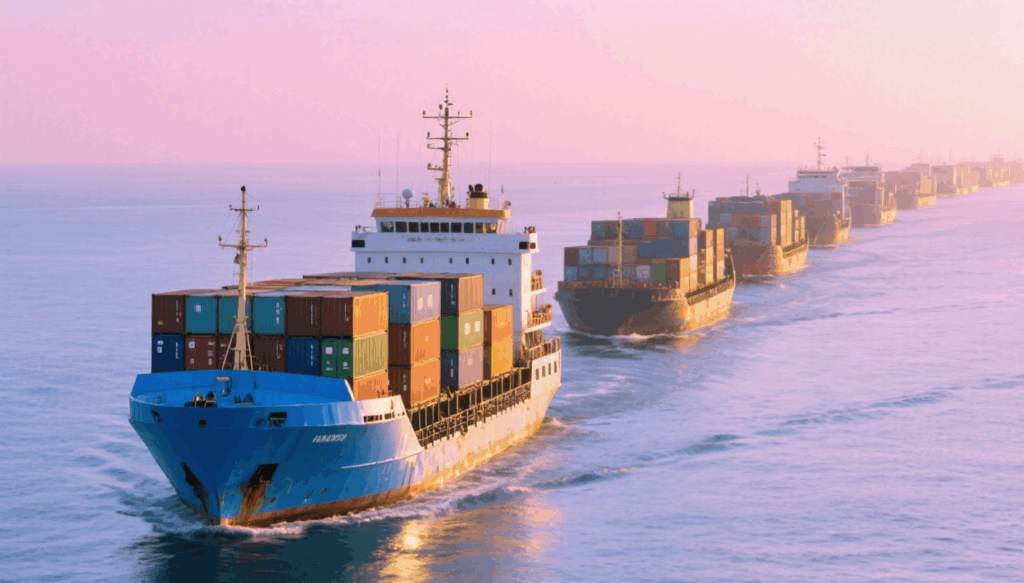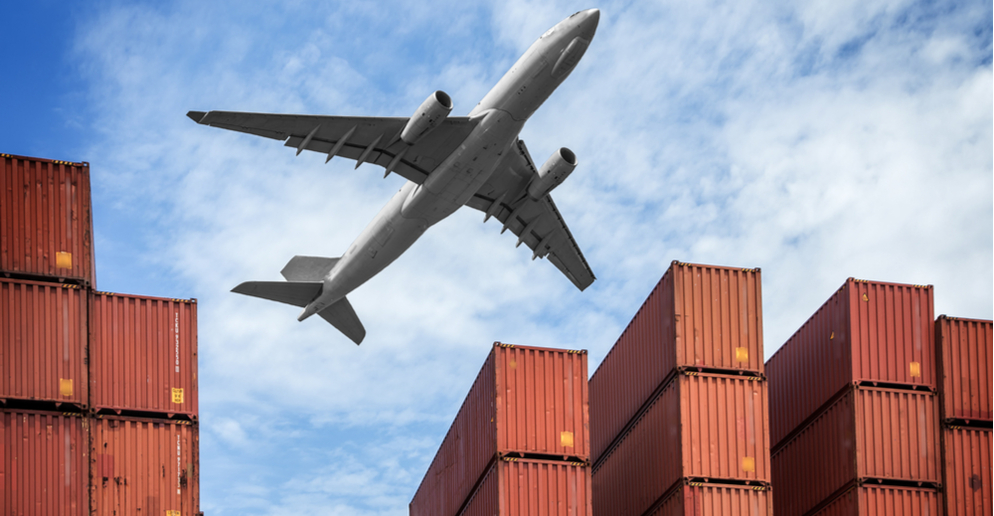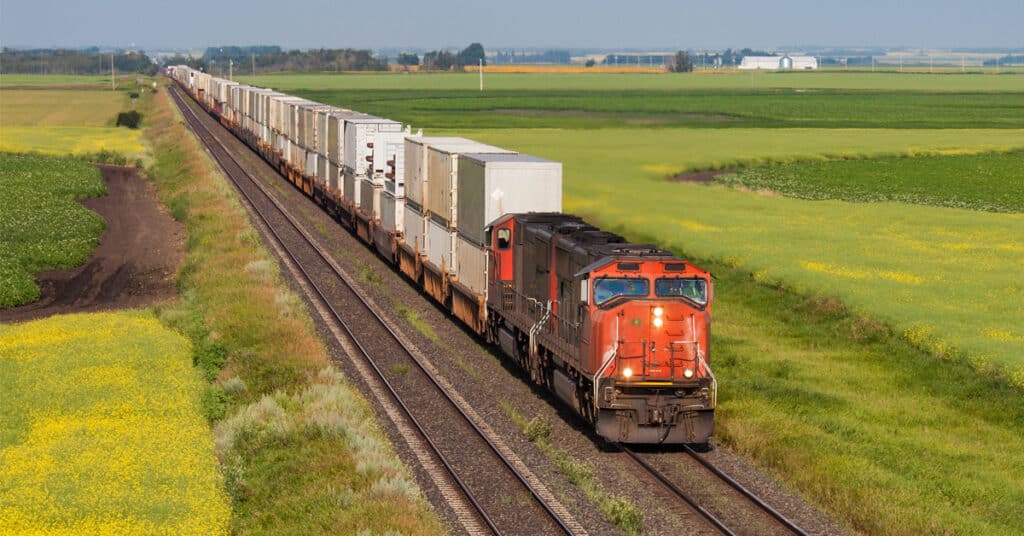Freight forwarding companies in China are the backbone of international logistics, ensuring smooth cargo movement across sea, air, and rail routes. Many importers face challenges like hidden shipping costs, delays, and customs issues, but the right forwarder simplifies the process and guarantees efficient deliveries. This guide explains everything you need to know, from costs and transit times to real shipping cases and service comparisons.
What Do Freight Forwarding Companies in China Do?
Chinese freight forwarders manage international transportation by sea, air, rail, and courier. They coordinate with carriers, handle customs, and provide warehousing. Additionally, they assist with Incoterms negotiations and risk management. As a result, they act as logistics partners rather than just service providers.
Why Should Importers Use a China-Based Freight Forwarder?
Local expertise provides significant advantages. Chinese freight forwarding companies understand regional regulations, port congestion, and seasonal demand shifts. Moreover, they maintain strong relationships with carriers such as COSCO, CMA CGM, and MSC. Consequently, they can negotiate competitive rates and secure faster schedules for exporters.
How Much Does Freight Forwarding from China Cost?
Freight costs differ by route, mode, and cargo volume. Below is a sample table of estimated sea freight rates:
| Route (China → USA/EU) | 20GP (USD) | 40GP (USD) | 40HQ (USD) | Transit Time |
|---|---|---|---|---|
| Shenzhen → Los Angeles | 2,950 | 5,850 | 5,950 | 20–25 days |
| Ningbo → Rotterdam | 3,100 | 6,200 | 6,350 | 28–33 days |
| Shanghai → Hamburg | 3,050 | 6,100 | 6,250 | 30–35 days |
Which Shipping Methods Do Forwarding Companies Offer?
| Shipping Method | Average Cost (USD) | Transit Time | Pros | Cons |
|---|---|---|---|---|
| Sea Freight FCL | $2,000–$3,000/20GP | 20–35 days | Cheapest for bulk | Longer transit |
| Sea Freight LCL | $80–$120/cbm | 25–40 days | Flexible volumes | Handling delays |
| Air Freight | $6–$10/kg | 5–10 days | Fast delivery | High cost |
| Rail Freight | $4,000–$5,500/40HQ | 18–22 days | Balanced option | Limited routes |
| Courier/Express | $8–$12/kg | 3–7 days | Door-to-door speed | Expensive |
What Documents Are Required for Freight Forwarding?
Freight forwarders assist with preparing essential documents. Without a doubt, proper paperwork reduces clearance delays.
| Document | Purpose |
|---|---|
| Bill of Lading (B/L) | Proof of shipment and carriage contract |
| Commercial Invoice | Declares product details and values |
| Packing List | Provides weight, volume, and item count |
| ISF Filing | Mandatory for US-bound sea freight |
| Customs Bond | Required for imports into the United States |
| Certificates (FDA/CE) | Needed for regulated products (electronics, food, medical) |
Can Freight Forwarding Companies in China Handle Amazon FBA?
Yes, many companies specialize in Amazon FBA shipments. They manage labeling, palletizing, and delivery appointments. Furthermore, they handle customs bonds and coordinate with Amazon warehouses. Importers benefit from compliance assurance and reduced rejection risks at fulfillment centers.
How Do Forwarders Help Save Costs?
Several strategies exist to lower expenses:
- Consolidating LCL cargo into FCL
- Booking shipments in off-peak months
- Comparing multiple carriers for better rates
- Using rail freight for Europe-bound goods
- Leveraging free trade zones for temporary storage
Real Case Studies: Freight Forwarding from China
Case 1: Shenzhen → Los Angeles (Electronics)
- Goods: 20GP container of LED lights
- Mode: Sea freight FCL
- Cost: USD 2,950
- Transit: 21 days
- Result: Reduced cost by 28% versus LCL
Case 2: Ningbo → Rotterdam (Furniture)
- Goods: 40HQ container of wooden chairs
- Mode: Sea freight + trucking
- Cost: USD 6,350 + 1,200 trucking
- Transit: 31 days
- Result: Smooth customs clearance using bonded warehouse
What Are the Pros and Cons of Freight Forwarders?
| Advantage | Disadvantage |
|---|---|
| Simplify customs clearance | Service quality varies by company |
| Provide competitive carrier contracts | Risk of hidden fees with poor forwarders |
| Offer global door-to-door delivery | Dependence on third-party schedules |
| Manage risk and provide cargo insurance | Limited control once cargo is shipped |
How to Choose the Best Freight Forwarding Companies in China?
Shippers should evaluate:
- Experience with destination country regulations
- Membership in WCA or FIATA networks
- Transparent pricing without hidden surcharges
- Multimodal transport options (air, sea, rail)
- Customer support availability in multiple time zones
Conclusion
Freight forwarding companies in China play a vital role in international trade. They provide competitive rates, reduce transit delays, and support customs compliance. By choosing reliable partners, importers gain smoother supply chains and stronger market positions. Working with trusted freight forwarding companies in China ensures lower costs, faster transit, and secure global deliveries.
Request a Quote
Need a tailored solution for your shipping from China?
Let TJ China Freight Forwarder assist you with reliable, cost-effective service.
FAQs
Q1.What is the cheapest freight option from China to USA for small businesses?
LCL sea freight is the cheapest method for small businesses shipping low cargo volumes from China to USA efficiently.
Q2.How do freight forwarders assist with customs clearance in Europe?
They prepare documents, handle tariffs, and ensure compliance with EU import regulations for faster customs clearance in Europe.
Q3.Can I get door-to-door shipping from China to Canada?
Yes, many forwarders offer door-to-door freight forwarding from China to Canada, covering pickup, customs, and final delivery.
Q4.How does rail freight forwarding from China to Germany compare with sea?
Rail freight offers faster transit times at balanced costs compared to sea freight, making it ideal for medium-value cargo.
Q5.Do freight forwarders provide cargo insurance for fragile goods?
Yes, forwarders offer cargo insurance that covers fragile goods during international transport, protecting against damage or loss.





